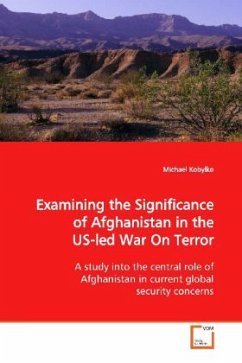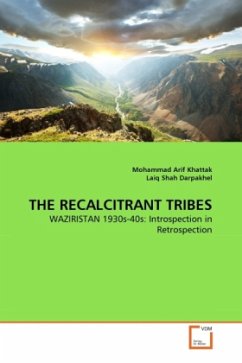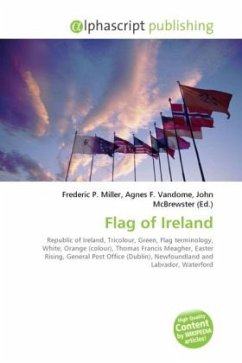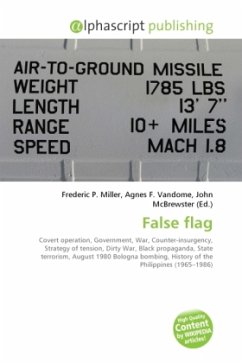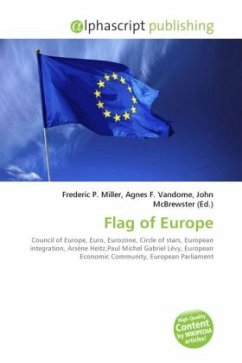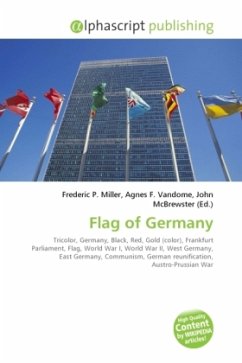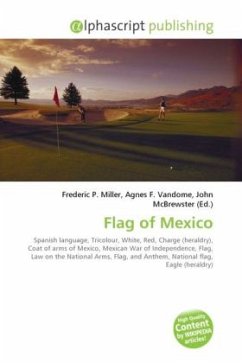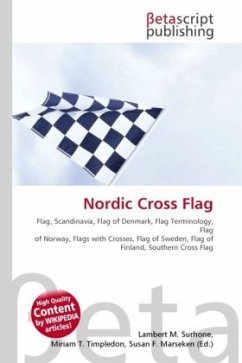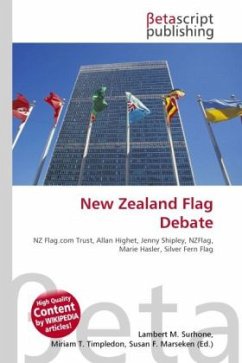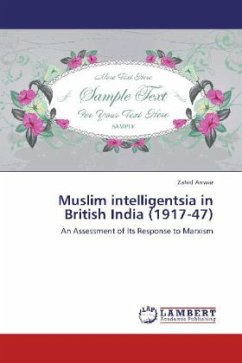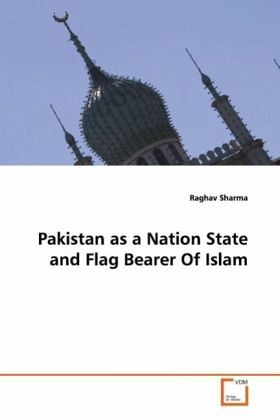
Pakistan as a Nation State and Flag Bearer Of Islam
Versandkostenfrei!
Versandfertig in 6-10 Tagen
49,00 €
inkl. MwSt.

PAYBACK Punkte
0 °P sammeln!
Any attempt to make sense of radical Islam and itsrise to global significance has perhaps to begin withtwo intricately linked cases: Afghanistan andKashmir. Both have played a seminal role in definingthe contours of global jihad and also one s in whichPakistan has been a central actor.This entailslooking at process of colonial knowledge formationcoupled with the advent of mass politics that playeda key role in the crystallization of identities oftendefined by religion. These process at work since thelate nineteenth century eventually culminated in thebloody partition of 1947 and thus constitut...
Any attempt to make sense of radical Islam and its
rise to global significance has perhaps to begin with
two intricately linked cases: Afghanistan and
Kashmir. Both have played a seminal role in defining
the contours of global jihad and also one s in which
Pakistan has been a central actor.This entails
looking at process of colonial knowledge formation
coupled with the advent of mass politics that played
a key role in the crystallization of identities often
defined by religion. These process at work since the
late nineteenth century eventually culminated in the
bloody partition of 1947 and thus constitute a
crucial vantage point for making sense of much of the
contemporary political discourse of the region. Thus,
much of Pakistan s quest for positioning itself as a
champion of Islam stems from this particular
historical matrix.
This serves as a crucial explanatory variable in
answering my second question of what made Afghanistan
and Kashmir into becoming definitive for global
radical political Islam that lucidly illustrate
Pakistan s commitment to promoting Pan-Islamism and
also constitute South Asia and subsequently the
world s defining experience with Islamic terror .
rise to global significance has perhaps to begin with
two intricately linked cases: Afghanistan and
Kashmir. Both have played a seminal role in defining
the contours of global jihad and also one s in which
Pakistan has been a central actor.This entails
looking at process of colonial knowledge formation
coupled with the advent of mass politics that played
a key role in the crystallization of identities often
defined by religion. These process at work since the
late nineteenth century eventually culminated in the
bloody partition of 1947 and thus constitute a
crucial vantage point for making sense of much of the
contemporary political discourse of the region. Thus,
much of Pakistan s quest for positioning itself as a
champion of Islam stems from this particular
historical matrix.
This serves as a crucial explanatory variable in
answering my second question of what made Afghanistan
and Kashmir into becoming definitive for global
radical political Islam that lucidly illustrate
Pakistan s commitment to promoting Pan-Islamism and
also constitute South Asia and subsequently the
world s defining experience with Islamic terror .



